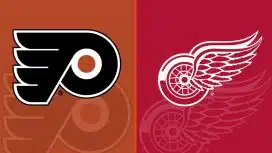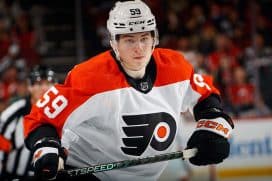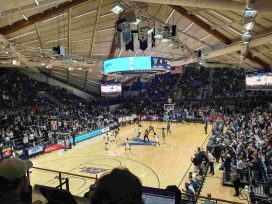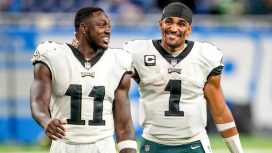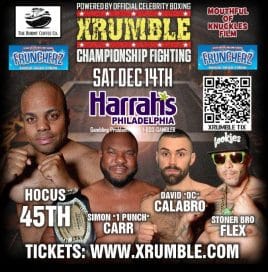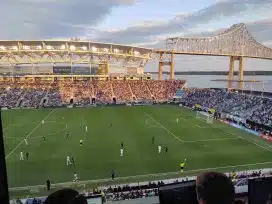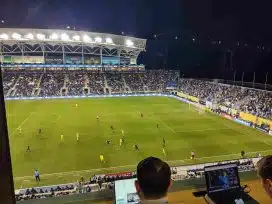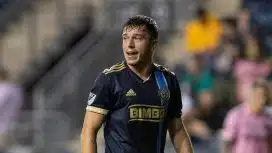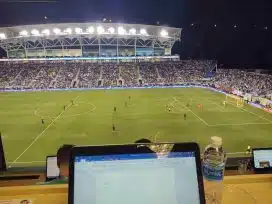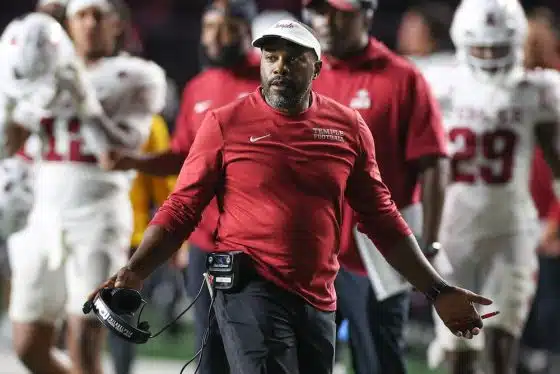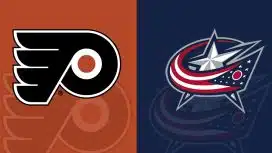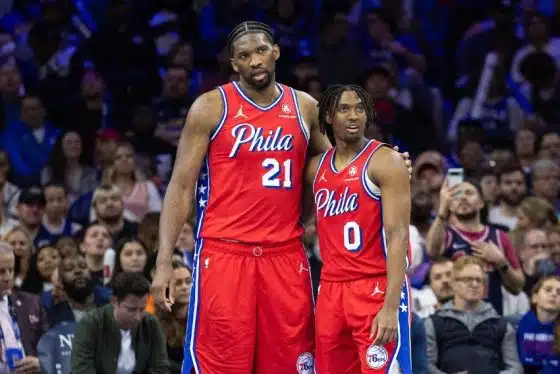Phillies
Top 25 Phillies of All-Time: No. 3 – Ed Delahanty
By: Matt Alberston, Historical Columnist
In Cooperstown, New York at the National Baseball Hall of Fame, a bronze plaque proclaims "One of the game's greatest sluggers. Led National League hitters in 1899 with an average of .408 for Philadelphia…made six hits in six times at bat twice during career and once hit four home runs in a game." The plaque that was posthumously dedicated to "Big" Ed Delahanty upon his induction into the Hall of Fame.
Delahanty was born on October 30, 1867 in Cleveland, Ohio to two Irish immigrants. Ed was the second of six children (the first to survive infancy). Ed and his five brothers played a variety of sports and games, including baseball, in their local neighborhood. Evidently they perfected their baseball skills in the neighborhood because all five Delahanty brothers played in the major leagues.
Delahanty hit .351 with the Mansfield club of the Ohio Sate League in 1887 and .412 in 21 games the following year for Wheeling of the Tri-State League. His skill with the bat caught the attention of the Philadelphia Phillies, who picked up his contract for $2,000 in 1888.
Delahanty struggled in his first two years in the National League (although he batted .296 in the major league Player's League in 1890) but his skills as a hitter vastly improved in 1892 when the National League moved the distance between the back of the pitcher's box to home plate back four feet, three and a half inches. (NOTE: the pitching distance, pitching motion, and number of balls required for a walk were all in flux during the 1880s. In fact, in 1887, walks were counted as hits.) Delahanty dedicated himself to the game and worked diligently in the offseason to improve his game. It worked. Between 1892 and 1901, Delahanty led the National League in at least one major offensive category 24 times.
Teamed with other top 25 Phillies Sam Thompson and Billy Hamilton, Delahanty helped lead the Phillies to the club's first era of sustained success during the 1890s, finishing in the first division seven times during the decade. He was a true five tool player who hit for average and power, ran the bases exceptionally well and was a good defensive player. In 1894, Delahanty was a member of the greatest offensive outfield in major league history as Delahanty (.414 BA) along with teammates "Sliding" Billy Hamilton (.403 BA), "Big" Sam Thompson (.415 BA), and backup outfielder Tuck Turner (.418 BA in 382 plate appearances) fielded the first and only all .400 hitting outfield in major league history. After the 1901 season, Delahanty, 33 years old, jumped from the Phillies to the upstart American League's Washington Senators.
Career accomplishments
- National League home run champion in 1893 and 1896
- Led National League in RBI in 1893, 1896, and 1899.
- Batted over .300 in 10 consecutive seasons, including three seasons over .400
- Went six for six in a single game on two occasions, including nine for nine in a doubleheader
- Only player in MLB history to hit four home runs and four doubles in two separate games.
- 5th highest career batting average in MLB history
- Ranks 48th all-time in doubles in MLB history (522)
- Ranks 13th all-time in triples in MLB history (186)
- Ranks 49th all-time in runs scored in MLB history (1,600)
Most memorable moment
After finishing the 1895 season in third place, the Phillies opened the 1896 season with homes of capturing the club's first National League pennant and securing their first World's Series appearance. Unfortunately the injury bug bit the Phillies hard and the club struggled to keep pace in the standings. Delahanty himself reinjured his shoulder and missed eight games while he laid in the hospital.
Philadelphia rolled into Chicago for a three game series beginning on July 13 and brought with them an 0-6 record since hitting the road on July 6. A heatwave struck the city killed 133 people on July 13 alone. A measly 1,000 fans showed up to take in the Monday contest between the Phillies and the Colts at Chicago's West Side Park. Temperatures were reported to be over 100 degrees.
In the top of the first inning, Delahanty stepped up to the plate with two outs and Dick Cooley standing on second. Big Ed swung at an outside pitch and smashed it to the rightfield fence. Colts outfielder Jimmy Ryan chased the ball into the bleachers as Delahanty scurried around the whole diamond and scored an inside the park home run.
In the third, with two men on, Delahanty smashed a ball over the scoreboard on the right field wall for his second home run in three at-bats. The ball landed across the road among a flock of chickens and was reportedly the longest home run ever hit at West Side Park.
Despite Delahanty's early inning heroics, the Phillies still trailed Chicago 9-6 after six innings. He stepped to the plate in the seventh inning knocked a fastball over the head of Chicago outfielder Billy Lange. The ball continued to roll and Delahanty scored another inside the park home run.
Delahanty was four for four with three home runs when Chicago captain Cap Anson threatened to fine the whole team "the price of three meals at World Fair rates" if another Phillie got on base before Delahanty's next at-bat. When Delahanty stepped to the plate again, the Chicago players all played back from their normal positions. Wisely, Delahanty bunted the first ball foul, enticing the Colts to move in. He hammered the next pitch over 450 feet onto the roofs of the centerfield clubhouse.
Delahanty's four home run spectacle was simply that, a spectacle, as the Phillies lost their seventh game in a row, 9-8. The feat was the last time a player would hit four home runs in one game until June 3, 1932 when Lou Gehrig clubbed four against the Athletics at Philadelphia's Shibe Park.
Reasoning for ranking
Delahanty recorded 10 seasons at 2+ WAR, eight seasons at 5+ WAR, and one season at 8+ WAR, netting him 39 points. His 13 years as a Phillie earned him five more points. Additionally, Big Ed ranks second in club batting average, fifth in OPS, fourth in total hits, second in doubles, first in triples, and second in RBI totaling another 26 points, raising his total to 70 points overall.
Previous entries
- No. 25, Garry Maddox
- No. 24, Roy Thomas
- No. 23, Gavvy Cravath
- No. 22, Chris Short
- No. 21, Cy Williams
- No. 20, Curt Schilling
- N0. 19, Cole Hamels
- No. 18, Ryan Howard
- No. 17, Sam Thompson
- No. 16, Del Ennis
- No. 15, Johnny Callison
- No. 14, Jim Bunning
- No. 13, Dick Allen
- No. 12, Billy Hamilton
- No. 11, Sherry Magee
- No. 10, Bobby Abreu
- No. 9, Chuck Klein
- No. 8, Richie Ashburn
- No. 7, Jimmy Rollins
- No. 6, Chase Utley
- No. 5, Robin Roberts
- No. 4, Steve Carlton
Formula explained
The player rankings formula combines both traditional and advanced statistics/metrics and assigns a point total to each category. These statistics only reflect the player's Phillies career.
